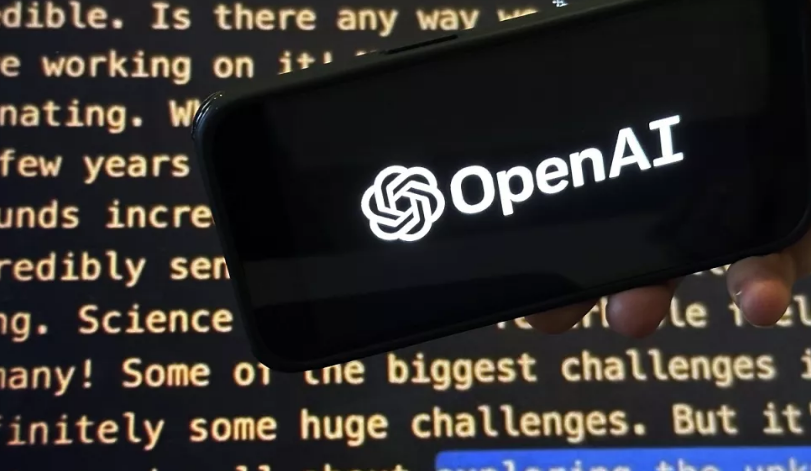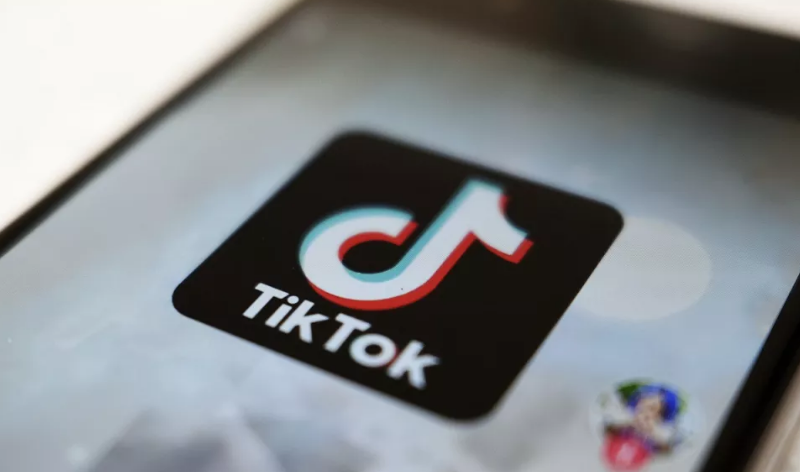Tech
Nvidia Executive: Humanoid Robots Are the Next Frontier in AI, and They’re Coming Soon

Tech
EU’s AI Code of Practice Delayed as Tech Giants Push for Simplicity

The European Commission’s long-anticipated voluntary Code of Practice on General-Purpose Artificial Intelligence (GPAI) has been delayed but is now expected to be published before August, according to officials. The code is intended to support compliance with the EU’s AI Act, particularly for developers of large language models and other general-purpose AI systems.
The delay comes amid growing pressure from major U.S. technology companies — including Amazon, IBM, Google, Meta, Microsoft, and OpenAI — who have urged the Commission to streamline the code. Minutes from a meeting held last week between the companies and Werner Stengg, a senior official in the cabinet of EU Tech Commissioner Henna Virkkunen, reveal calls for the code to avoid excessive complexity and administrative burden.
“The code should be as simple as possible, so as to avoid redundant reporting and unnecessary administrative burden,” the companies reportedly told Stengg. They also emphasized that the final version should offer a realistic timeline for implementation and remain within the scope of the AI Act.
Initially scheduled for release on May 2, the final draft was postponed after the Commission received requests for extended consultation periods. Over the past year, the Commission has held a series of workshops and plenary sessions involving around 1,000 participants, including industry experts and civil society representatives. Thirteen experts were formally appointed to contribute to the drafting process.
Previous iterations of the text have drawn criticism from multiple stakeholders. European publishers raised concerns over copyright implications, while tech companies warned that the proposals could hinder innovation. Cultural figures have also weighed in: ABBA’s Björn Ulvaeus, president of the International Confederation of Societies of Authors and Composers (CISAC), recently cautioned lawmakers against yielding to Big Tech pressures that could erode creative rights.
Despite the delays, the Commission has stated it still aims to publish the revised code before summer. The timing is significant, as the rules related to general-purpose AI tools will enter into force on August 2. Meanwhile, the broader AI Act — which classifies AI systems according to risk levels — is being phased in and will become fully enforceable by 2027.
The forthcoming code is seen as an important step in shaping responsible AI development within the EU, even as debates continue over how best to balance innovation, regulation, and rights protection.
Tech
EU Commission Warns TikTok Over DSA Violations, Threatens Multi-Billion Euro Fine
Tech
Meta’s AI Assistant Sparks Privacy Concerns Among European Users

A growing number of users across Europe are raising concerns about Meta’s recently launched AI assistant, which has quietly appeared in the form of a bright blue-and-pink circle across popular apps including WhatsApp, Facebook, and Instagram.
The AI feature, which has been rolling out gradually since March, has not gone unnoticed — and not for the right reasons. Many users have expressed frustration at its default integration, particularly because the assistant cannot be disabled or removed.
Some have described the feature as intrusive, questioning why it was introduced without clear consent. “Essentially, Meta is forcing this new feature upon users and trying to avoid what would be the lawful path forward, asking users for their consent,” said Kleanthi Sardeli, a data protection lawyer with the privacy rights group NOYB.
Meta AI, as the feature is called, functions as a chatbot built on the company’s proprietary large language model, LLaMA. It’s designed to assist users with everyday queries, from planning trips to answering questions within chats. Meta claims the tool is a helpful digital assistant to “add fun” and solve problems in real time.
Despite this, the rollout has prompted a backlash. On Reddit and other forums, users have shared their dissatisfaction, particularly over the inability to opt out of the assistant. Some have attempted to downgrade their app versions to avoid it — a workaround that experts warn could introduce security risks.
European lawmakers are also starting to take notice. MEP Veronika Cifrová Ostrihoňová has asked the European Commission whether the deployment complies with existing EU privacy regulations. The core of the criticism centers on Meta’s “opt-in by default” approach to using user data for training AI systems — a move some experts say may breach the General Data Protection Regulation (GDPR).
Sardeli argues that Meta hasn’t been transparent enough with users about how their data is being processed or for what purposes. “Meta has an obligation to inform its users about exactly what it does with their personal data, an obligation which it is currently trying its best to avoid,” she said.
While the AI assistant cannot be fully removed, WhatsApp users can mute the AI chat manually. Additionally, European users have the option to object to their data being used for training purposes through a request form provided by Meta.
Launched first in the United States in September 2023, the assistant is now available in multiple languages across Europe, including French, German, Hindi, Italian, Portuguese, and Spanish, and is also being integrated into Ray-Ban smart glasses in select countries.
As the digital landscape continues to evolve, Meta’s rollout of AI tools highlights the delicate balance between innovation and user privacy — and whether tech giants can maintain user trust in an age of rapid AI integration.
-

 Business1 year ago
Business1 year agoSaudi Arabia’s Model for Sustainable Aviation Practices
-

 Business1 year ago
Business1 year agoRecent Developments in Small Business Taxes
-

 Politics1 year ago
Politics1 year agoWho was Ebrahim Raisi and his status in Iranian Politics?
-

 Business11 months ago
Business11 months agoCarrectly: Revolutionizing Car Care in Chicago
-

 Business11 months ago
Business11 months agoSaudi Arabia: Foreign Direct Investment Rises by 5.6% in Q1
-

 Technology1 year ago
Technology1 year agoComparing Apple Vision Pro and Meta Quest 3
-

 Politics1 year ago
Politics1 year agoIndonesia and Malaysia Call for Israel’s Compliance with ICJ Ruling on Gaza Offensive
-

 Sports10 months ago
Sports10 months agoKeely Hodgkinson Wins Britain’s First Athletics Gold at Paris Olympics in 800m




























